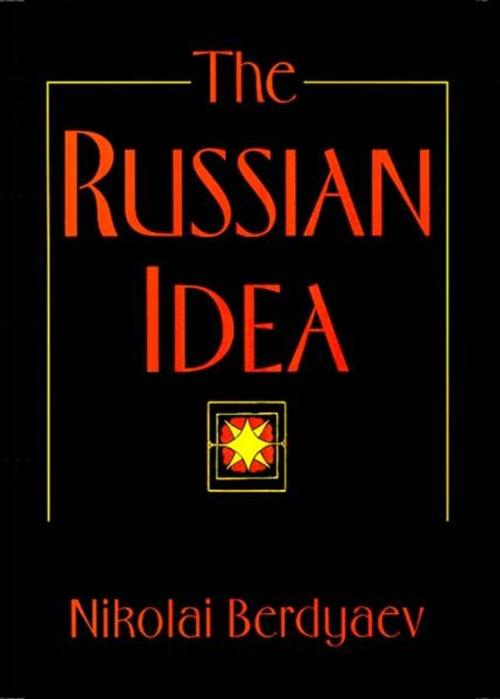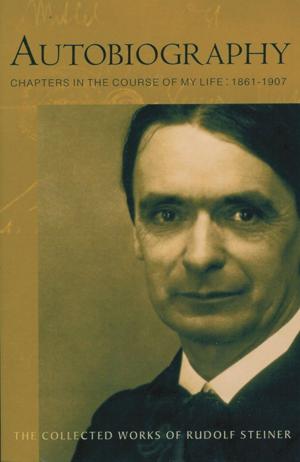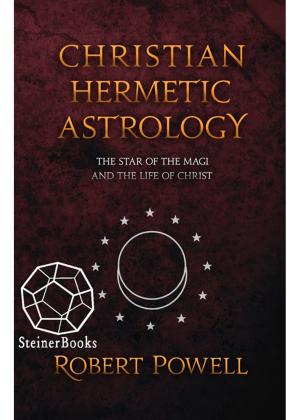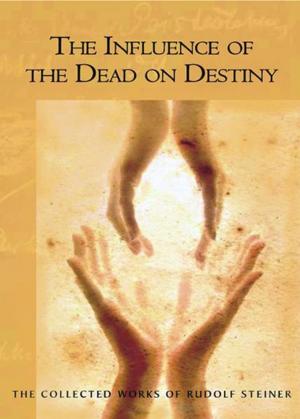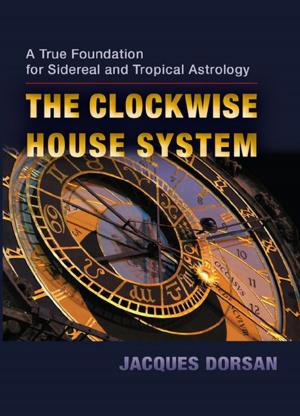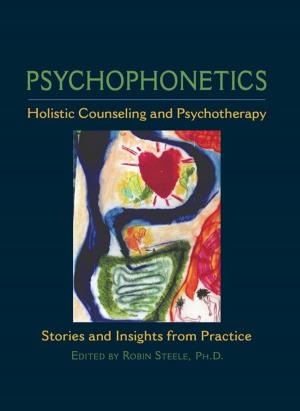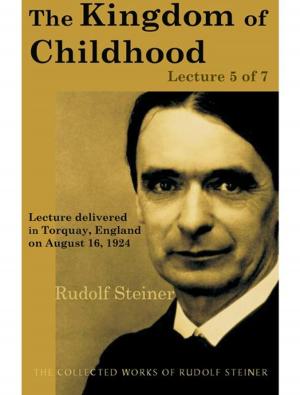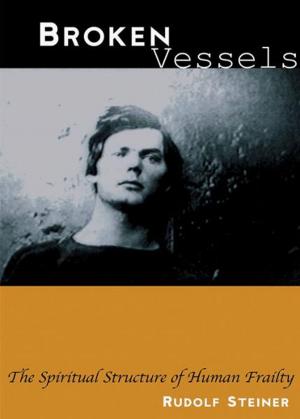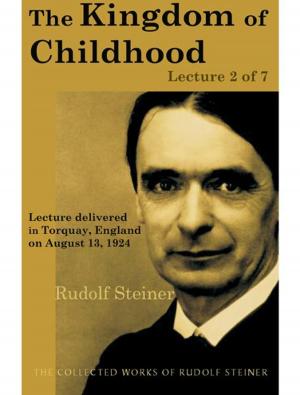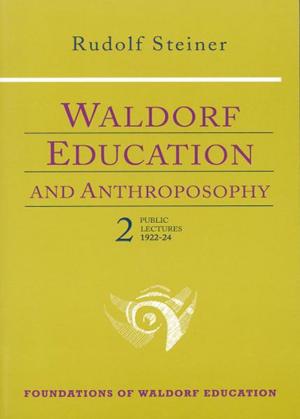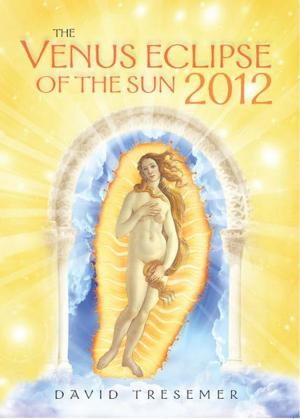| Author: | Nikolai Berdyaev, Christopher Bamford | ISBN: | 9781584204923 |
| Publisher: | SteinerBooks | Publication: | July 1, 1992 |
| Imprint: | Lindisfarne Books | Language: | English |
| Author: | Nikolai Berdyaev, Christopher Bamford |
| ISBN: | 9781584204923 |
| Publisher: | SteinerBooks |
| Publication: | July 1, 1992 |
| Imprint: | Lindisfarne Books |
| Language: | English |
In this powerful, moving book first published in 1946, Berdyaev is not so interested in the empirical details of Russian history as he is in "the thought of the Creator about Russia." The "Russian idea" is thus a mystical one. Religion and philosophy, not economics or politics, determine history and society. Berdyaev takes up the story in the nineteenth century. He traces the lineage of such powerful artists and thinkers as Chaadev, Khomyakov, Kireevksy, Leontyev, Aksakov, Hertzen, Bakunin, all of whom struggled to integrate the polarities of East and West, spirit and matter, and male and female in the Russian soul. This soul, however, is so immense, boundless, and vague that it is incapable of settling for "the halfway kingdom of culture." Demanding all or nothing, alternatively apocalyptic and nihilistic, Russians strove to justify culture and discover Russia's mystical mission. Impatient with the slow processes of history, distrusting all authority and yet haunted by a vision of unity, thinkers such as Dostoevsky, Tolstoy, Federov, and Solovyov created an original and vital religious philosophy that culminated in the Russian Renaissance at the beginning of the twentieth century. The fruit of these great figures, of whom Berdyaev was one (others included Florensky, Bulgakov, Rozanov, Merezhkovsky, Blok, and Bely), was cut short by the 1917 Revolution. In recent years, however, their works have been available in self-published (Samizdat) editions. Underground, a great philosophical and spiritual rebirth was occuring. Now they are available again, and the next installment of the Russian idea is being prepared. This book is therefore essential reading for an understanding of the new Russia.
In this powerful, moving book first published in 1946, Berdyaev is not so interested in the empirical details of Russian history as he is in "the thought of the Creator about Russia." The "Russian idea" is thus a mystical one. Religion and philosophy, not economics or politics, determine history and society. Berdyaev takes up the story in the nineteenth century. He traces the lineage of such powerful artists and thinkers as Chaadev, Khomyakov, Kireevksy, Leontyev, Aksakov, Hertzen, Bakunin, all of whom struggled to integrate the polarities of East and West, spirit and matter, and male and female in the Russian soul. This soul, however, is so immense, boundless, and vague that it is incapable of settling for "the halfway kingdom of culture." Demanding all or nothing, alternatively apocalyptic and nihilistic, Russians strove to justify culture and discover Russia's mystical mission. Impatient with the slow processes of history, distrusting all authority and yet haunted by a vision of unity, thinkers such as Dostoevsky, Tolstoy, Federov, and Solovyov created an original and vital religious philosophy that culminated in the Russian Renaissance at the beginning of the twentieth century. The fruit of these great figures, of whom Berdyaev was one (others included Florensky, Bulgakov, Rozanov, Merezhkovsky, Blok, and Bely), was cut short by the 1917 Revolution. In recent years, however, their works have been available in self-published (Samizdat) editions. Underground, a great philosophical and spiritual rebirth was occuring. Now they are available again, and the next installment of the Russian idea is being prepared. This book is therefore essential reading for an understanding of the new Russia.
